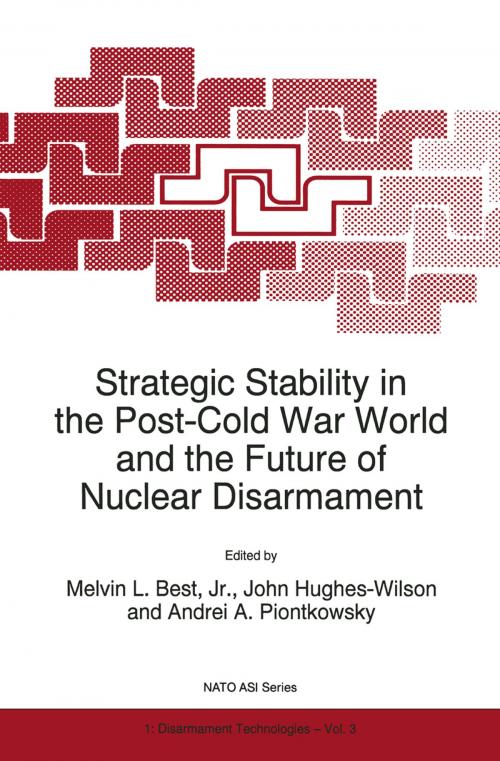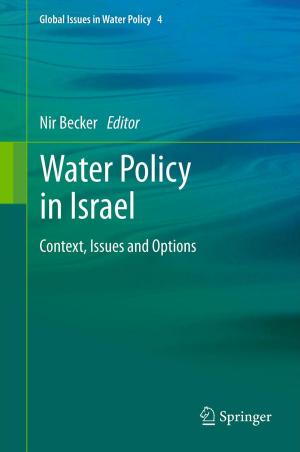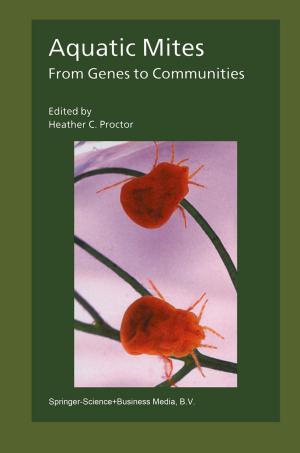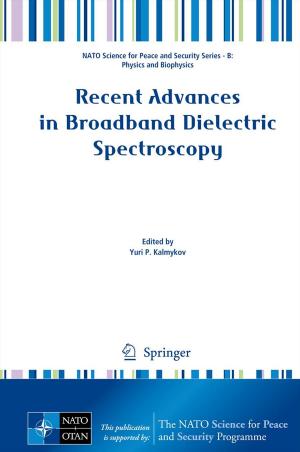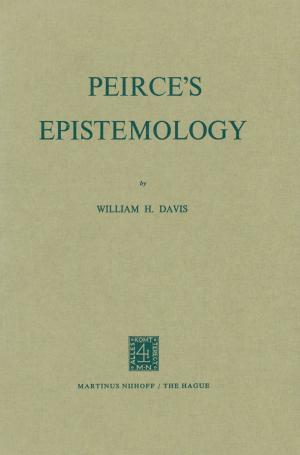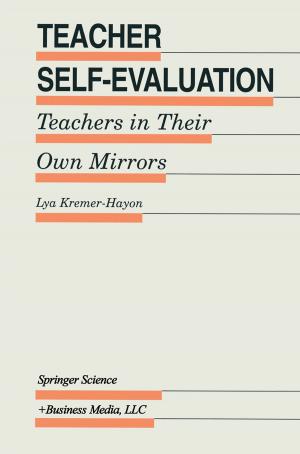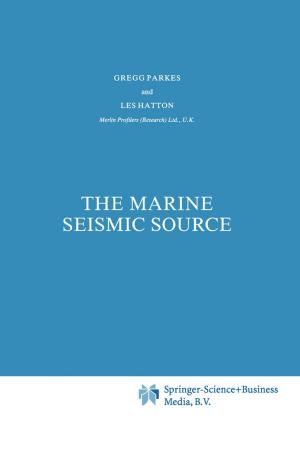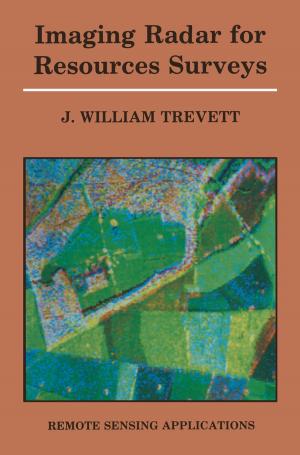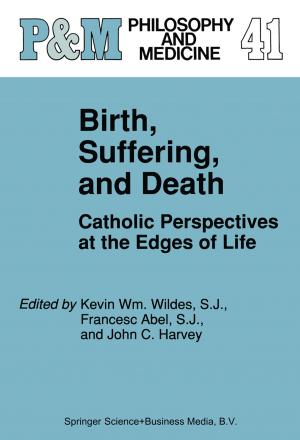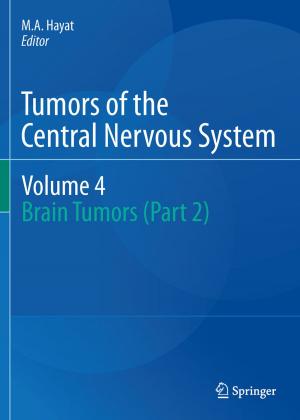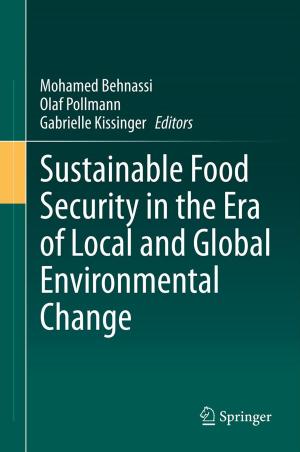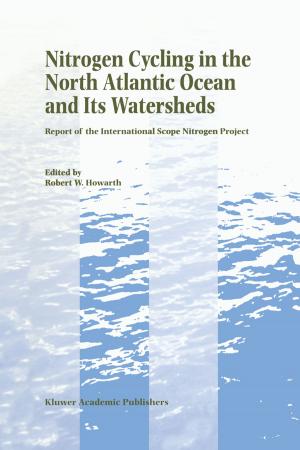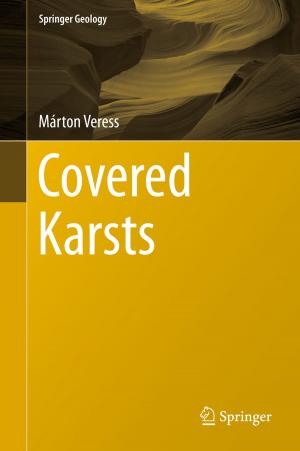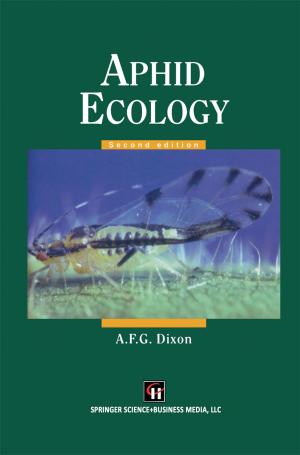Strategic Stability in the Post-Cold War World and the Future of Nuclear Disarmament
Nonfiction, Social & Cultural Studies, Social Science, Archaeology, Political Science, International, International Relations, History| Author: | ISBN: | 9789401583961 | |
| Publisher: | Springer Netherlands | Publication: | April 17, 2013 |
| Imprint: | Springer | Language: | English |
| Author: | |
| ISBN: | 9789401583961 |
| Publisher: | Springer Netherlands |
| Publication: | April 17, 2013 |
| Imprint: | Springer |
| Language: | English |
This Report contains a Consensus Report and the papers submitted to the April 6 -10, 1995 NATO Advanced Research Workshop on Strategic Stability In The Post-Cold War World And The Future Of Nuclear Disarmament, held in Washington D. C. , United States Of America of at The Airlie Conference Center. The workshop was sponsored by the NATO Division Scientific and Environmental Affairs as part of its ongoing outreach programme to widen and deepen scientific contacts between NATO member countries and the Cooperation Partner countries of the former Warsaw Treaty Organization. The participants recognize that the collapse of the former Soviet Union has left a conceptual vacuum in the definition of a new world order. Never before have the components of world order all changed so rapidly, so deeply, or so globally. As Henry Kissinger points out, the emergence of the new world order will have answered three fundamental questions:" What are the basic units of the international order? What are their means of interacting? and What are the goals on behalf of which they interact? " The main question is whether the establishment and maintenance of an international system will turn out to be a conscious design, or the outgrowth of a test of strength. The concept of a planning framework that could shape or govern these interactions is emerging and may now be at hand. Capturing this emerging framework is the thrust of this NATO-sponsored Advanced Research Workshop.
This Report contains a Consensus Report and the papers submitted to the April 6 -10, 1995 NATO Advanced Research Workshop on Strategic Stability In The Post-Cold War World And The Future Of Nuclear Disarmament, held in Washington D. C. , United States Of America of at The Airlie Conference Center. The workshop was sponsored by the NATO Division Scientific and Environmental Affairs as part of its ongoing outreach programme to widen and deepen scientific contacts between NATO member countries and the Cooperation Partner countries of the former Warsaw Treaty Organization. The participants recognize that the collapse of the former Soviet Union has left a conceptual vacuum in the definition of a new world order. Never before have the components of world order all changed so rapidly, so deeply, or so globally. As Henry Kissinger points out, the emergence of the new world order will have answered three fundamental questions:" What are the basic units of the international order? What are their means of interacting? and What are the goals on behalf of which they interact? " The main question is whether the establishment and maintenance of an international system will turn out to be a conscious design, or the outgrowth of a test of strength. The concept of a planning framework that could shape or govern these interactions is emerging and may now be at hand. Capturing this emerging framework is the thrust of this NATO-sponsored Advanced Research Workshop.
